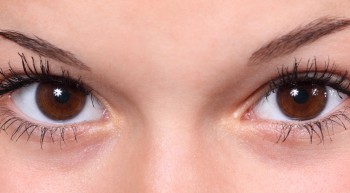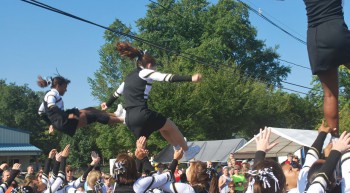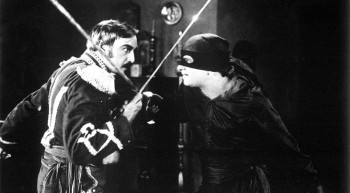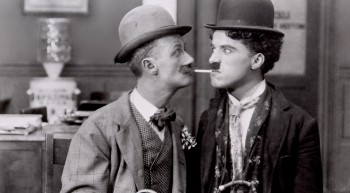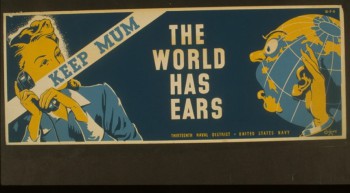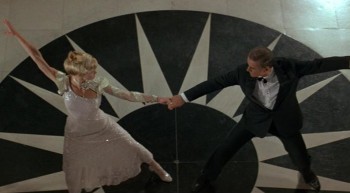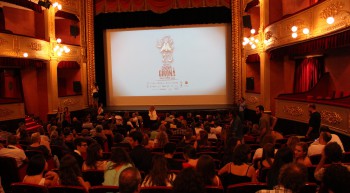On September 22, 2015, a Federal Judge granted partial summary judgement in favor of the Plaintiffs who were seeking a declaration that the song Happy Birthday was in the public domain. News agencies rushed out to trumpet the news that the Judge’s ruling meant Happy Birthday was in the public domain. Except that the Judge did not rule that Happy Birthday was in the public domain. What he in fact ruled could be far more damaging to the interests of Warner Chappell Music. What’s the future of Happy Birthday? Nova Southern University's Copyright Officer, Stephen Carlisle, J.D., traces the long tortured history of the world’s most popular song and finds that Happy Birthday’s publisher may want to start singing the blues.


